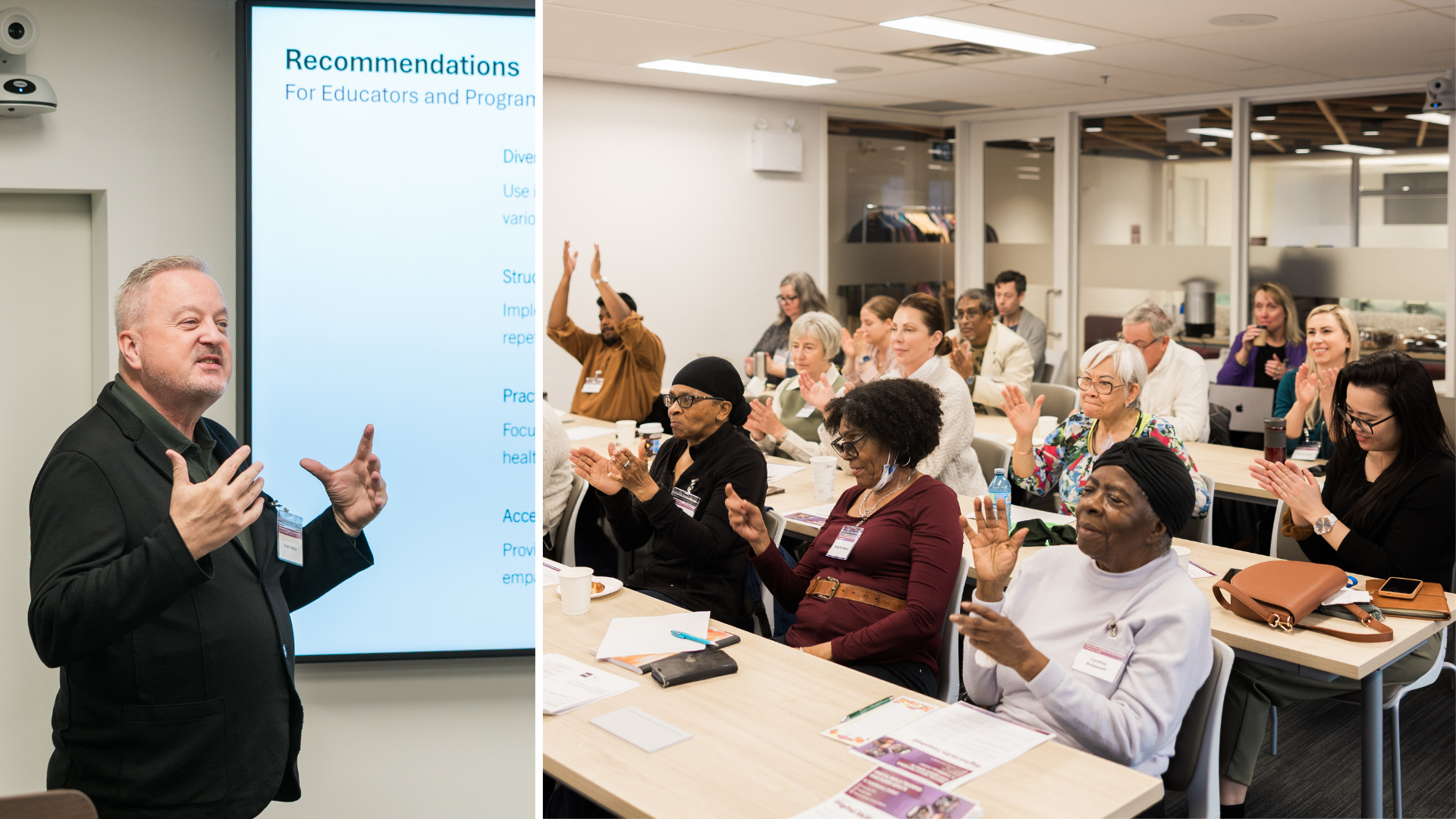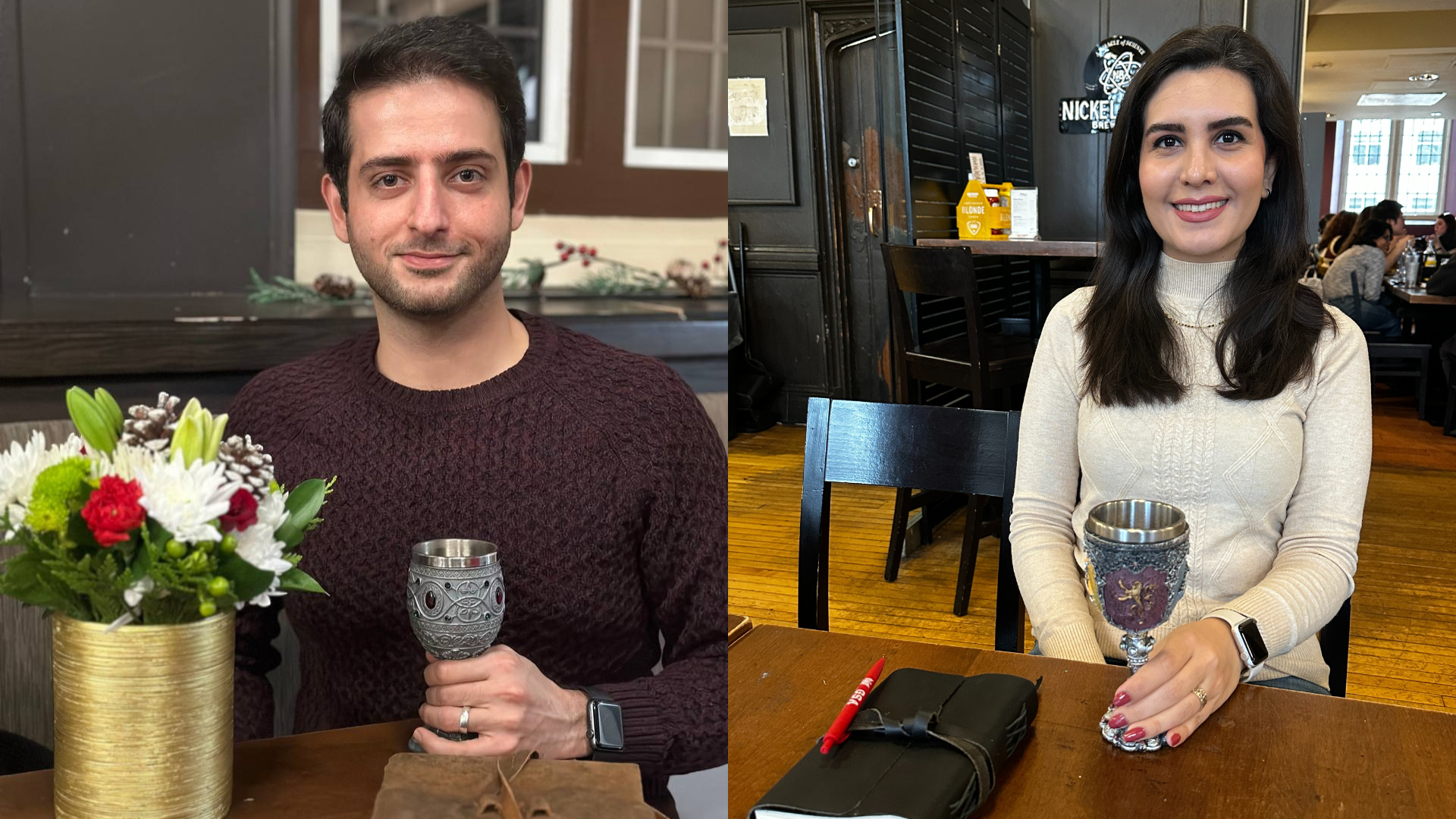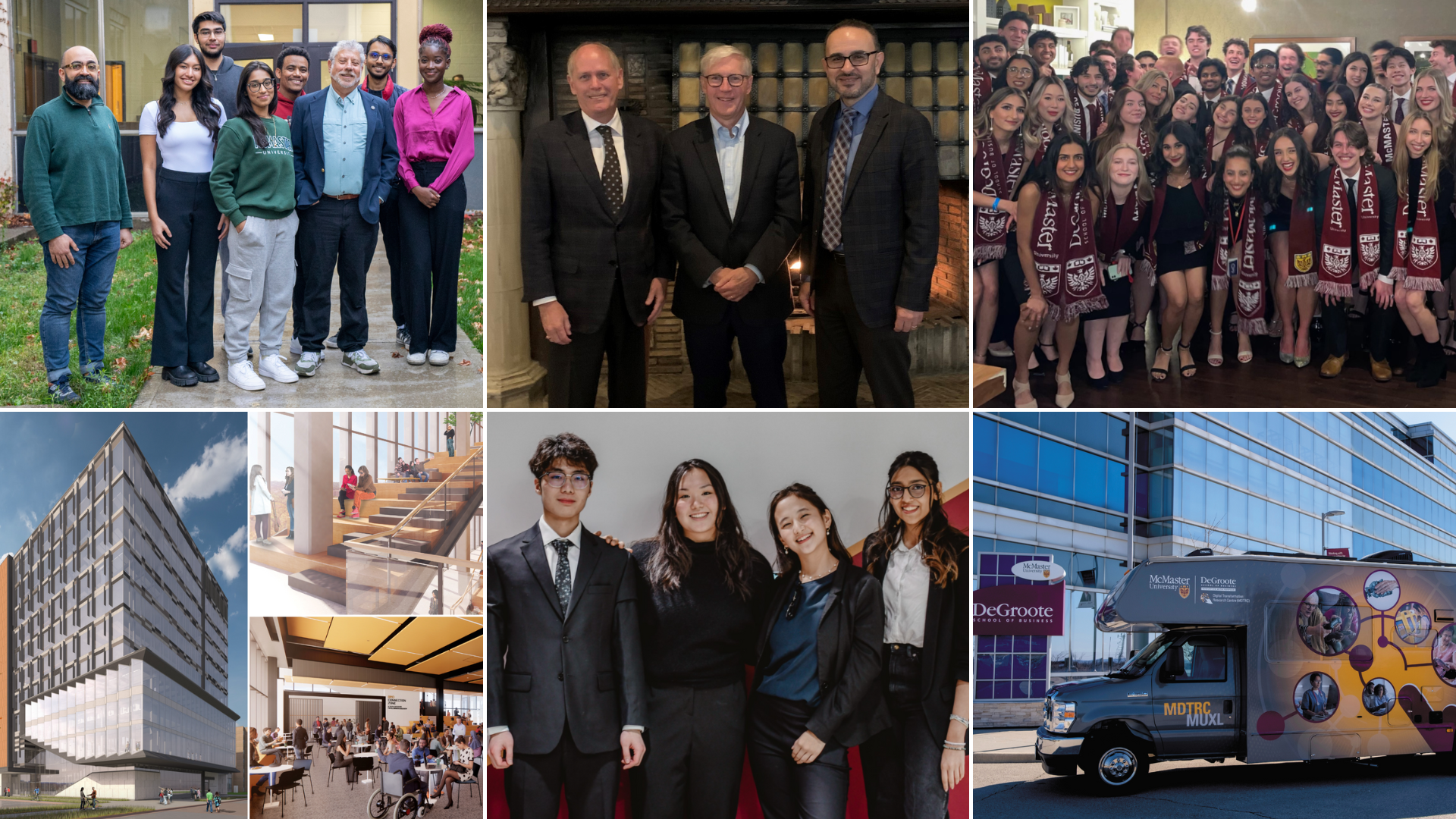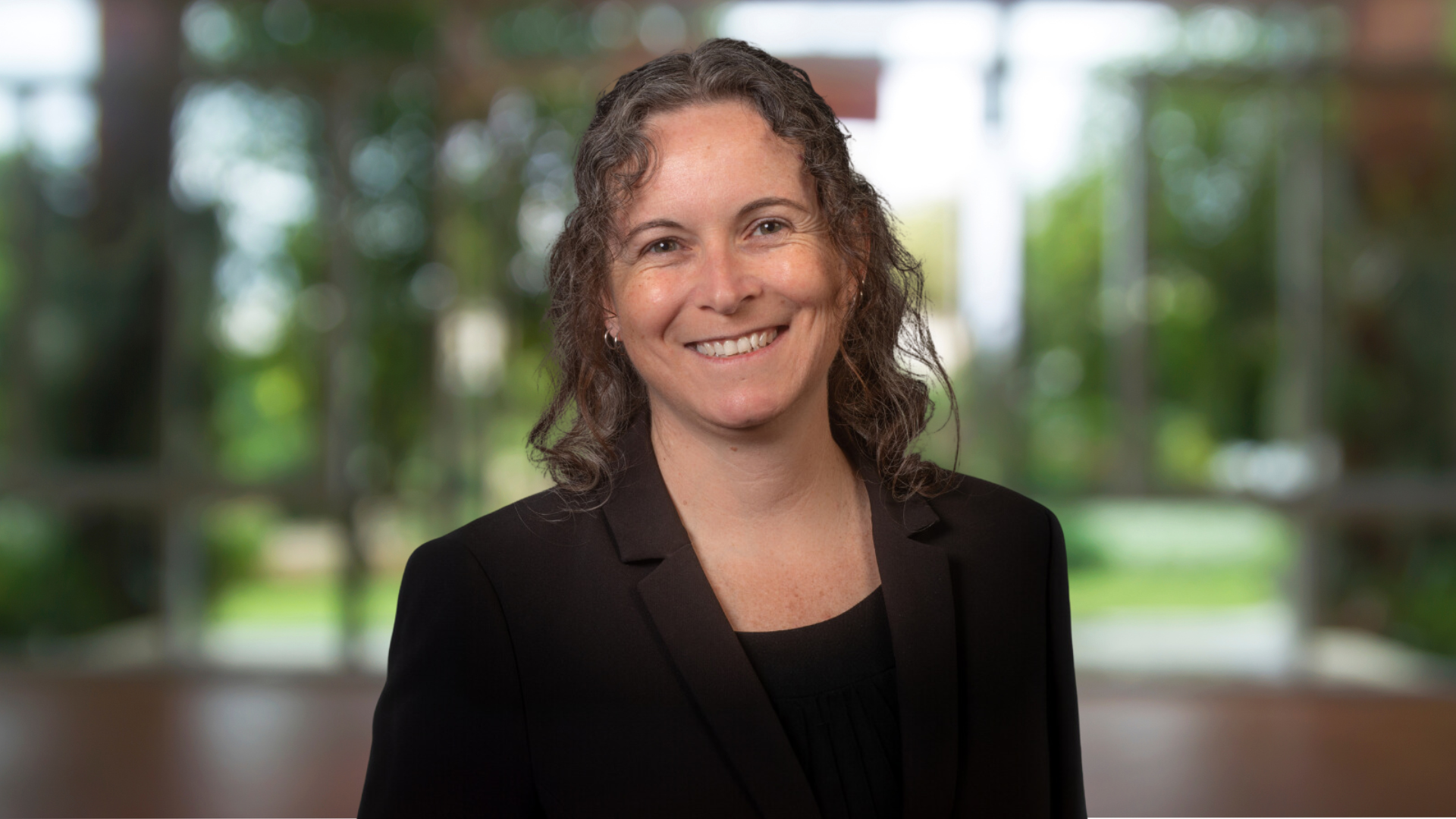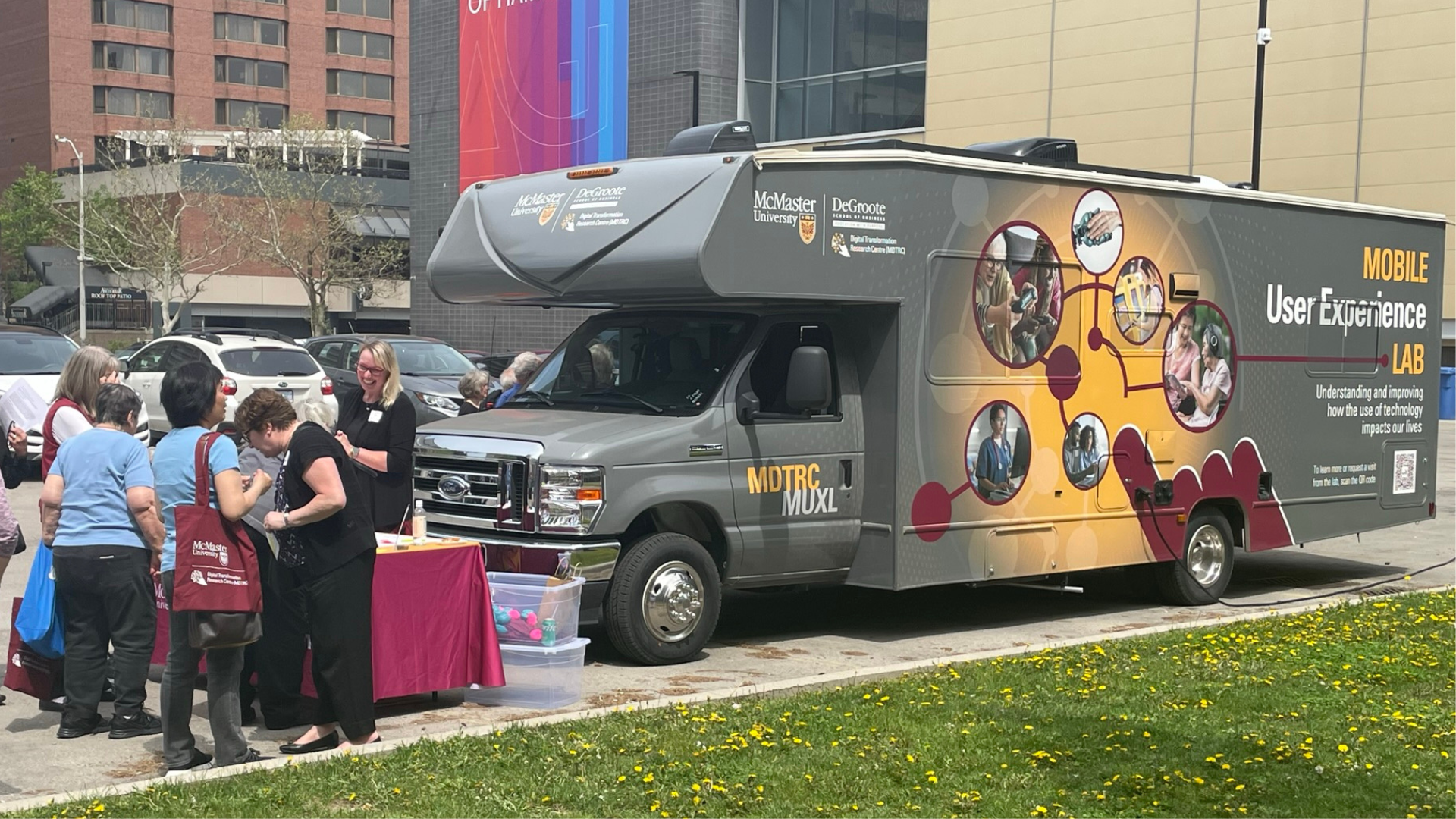INFORMATION SYSTEMS RESEARCH STRATEGIC PLAN | RESEARCH AND SCHOLARSHIP
Bridging the digital divide
August 7, 2024 ·
Contributed by: Izabela Shubair, DeGroote Contributor
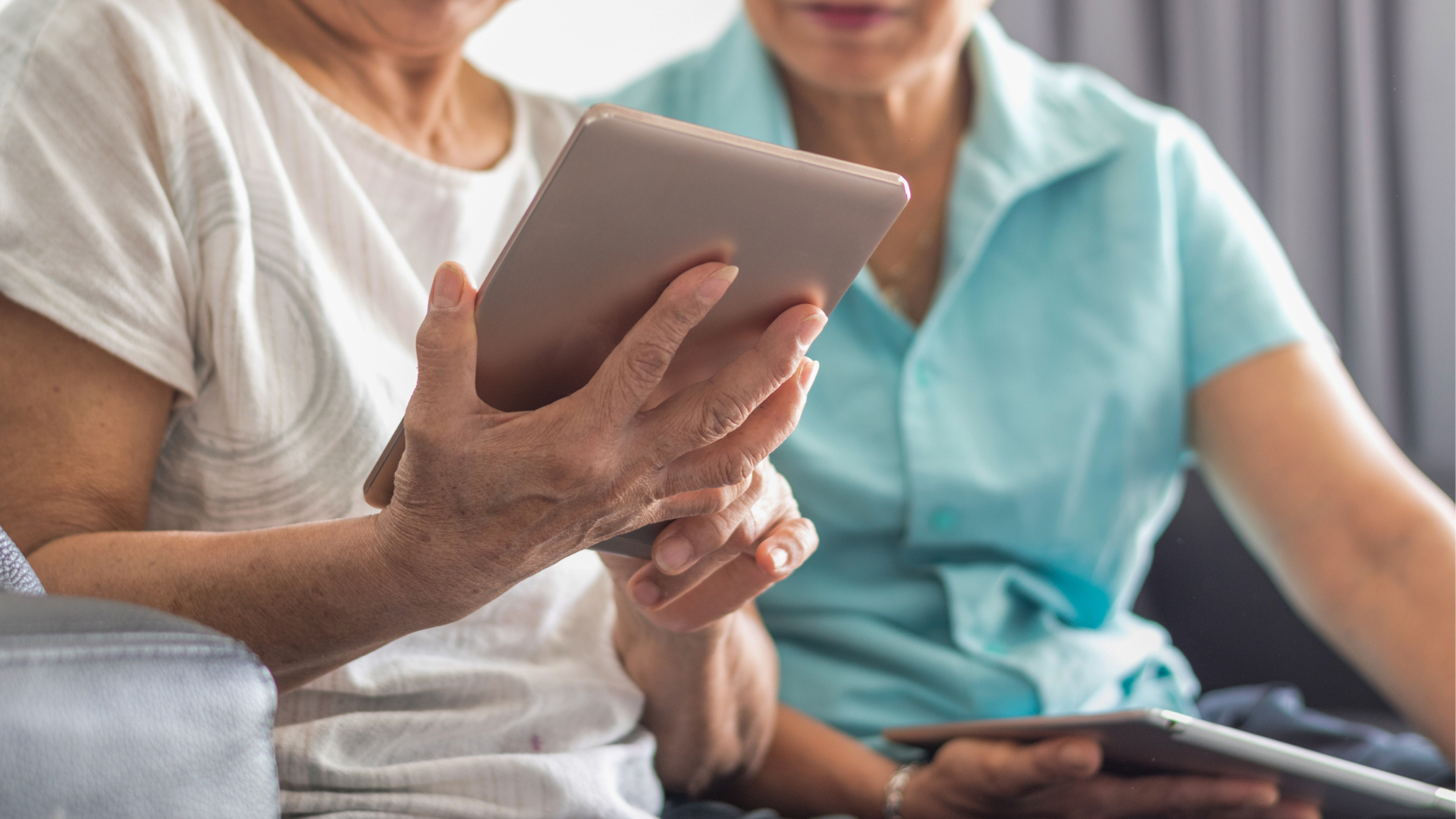
DeGroote professor and researcher Brian Detlor remembers trying to teach his elderly parents how to use a tablet over the phone. The COVID-19 pandemic had forced Detlor’s parents, who lived in a retirement home at that time, into isolation. Increasing their digital literacy was his attempt to improve their quality of life. Unfamiliar with tablets, Detlor’s parents quickly rejected the idea.
For Detlor, the incident highlights why his latest research addressing the digital divide among older adults in social housing is crucial in our increasingly digital world.
What is the Digital Divide?
“My parents could have benefitted so much from getting pictures of their family, going on Facebook and video chatting,” he says. “Digital literacy reduces loneliness and social isolation. It improves emotional well-being, increases independence and facilitates better access to information services, namely health and government services. COVID really ramped up the importance of people being skillful enough to use apps and technologies. Everyone is moving online, and this group does not even know how to get online.”
Detlor defines the digital divide as the gap between those who have the ability and access to navigate, understand and effectively use digital tools and information and those who do not. The term also describes the difference between people who can easily access and use technology to obtain information and services and those who struggle to do so.
Numerous reasons exist for the digital divide. For example, older adults, particularly those in marginalized communities, face significant barriers to technology, starting with access to computers or tablets and reliable internet. They also grapple with fear and anxiety about using technology and are often concerned about online security. Many lack prior training experience with technology and struggle to access social networks that could assist them. Financial constraints, health issues such as poor eyesight and tremors, and mobility challenges further compound their difficulties.
“The older adult population is broad,” says Detlor. “We are specifically looking at marginalized people who are isolated, tend to be on social benefits, and who may be newcomers to Canada. We want to reach these people who are hard to get to and who have a unique set of characteristics that differentiate them from the general older adult population.”
A Community-Based Solution
Detlor’s research examines how to advance digital literacy and the overall well-being of older adults in social housing. The project relies on community partners such as Hamilton Public Library (HPL) to deliver accessible mobile digital literacy training programs directly to older adults living at CityHousing Hamilton (CHH). The aim is to foster digital confidence and social connectivity, addressing the pressing need for digital inclusion.
“Community partnerships are vitally important,” Detlor says. “I couldn’t do this type of research without these partners. There’s no sense in me sitting behind campus walls and brainstorming ideas. I need access to people and community groups that deliver digital literacy training.”
Facilitated over six weeks, Detlor’s research included a unique multipronged approach. To start, HPL delivered tablet training onsite at First Place, a CHH residence. Interviews with older adult learners, an instructor, and HPL and CityHousing Hamilton administrators supplemented four training sessions, with researchers making observations of the HPL-led training.
Lastly, Detlor collected biometric data from separate tablet training sessions delivered in McMaster’s Mobile User Experience Lab (MUXL), a one-of-a-kind mobile lab that lets researchers take their research tools on the road. This included eye tracking, skin conductance, which examined stress levels and physiological responses, and audio and video analysis.
For example, participants were instructed to complete certain tasks on a tablet and their eye movements were tracked to check where they looked compared to the written instructions. The results helped Detlor determine participants’ attention levels when interacting with the tablet.
“Using MUXL and biometrics was exciting because it complements what has been done before, and it adds a richness and a newness of innovation to the space,” says Detlor. “Another important aspect of this research project was that we gifted the tablets to the 20 older adult participants. There is no sense in training them and then taking away their tablets because then no one is going to be motivated to learn.”
Expanding the Research
Now, Detlor is preparing to present his preliminary findings at the AMCIS 2024 conference in Salt Lake City. The event aims to address the pressing challenges surrounding digital equity and social entrepreneurship.
Simultaneously, Detlor is continuing to expand his work in digital literacy among marginalized older adults. He is a recent recipient of McMaster Institute for Research on Aging (MIRA) funding, and his next project will include work with Dixon Hall. A partner of MIRA, Dixon Hall is a multi-service agency focused on addressing poverty, social injustices and isolation across the lifespan in Toronto’s downtown east end.
“The number of marginalized older adults will increase as the baby boomer population ages,” says Detlor. “So, we want to do extensive literature research about this topic area of training older adults in digital literacy skills. We will then report on that to various private and public sector organizations and come up with a solution based on best practices that we see in the literature and feedback we get from older adults to develop a new training innovation that is sustainable, and that empowers older adults


